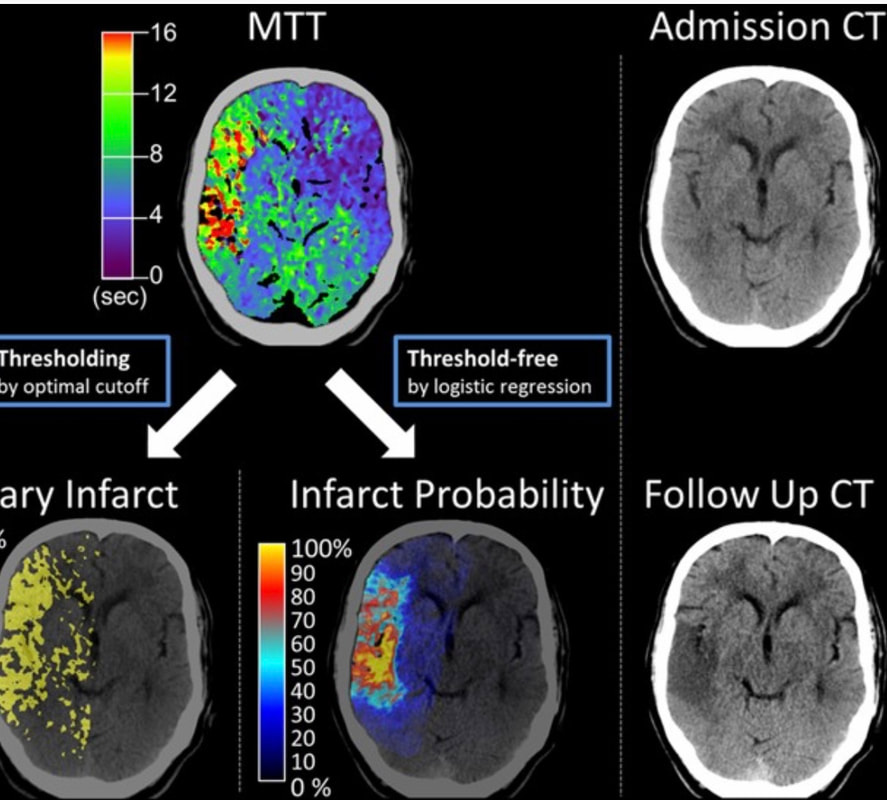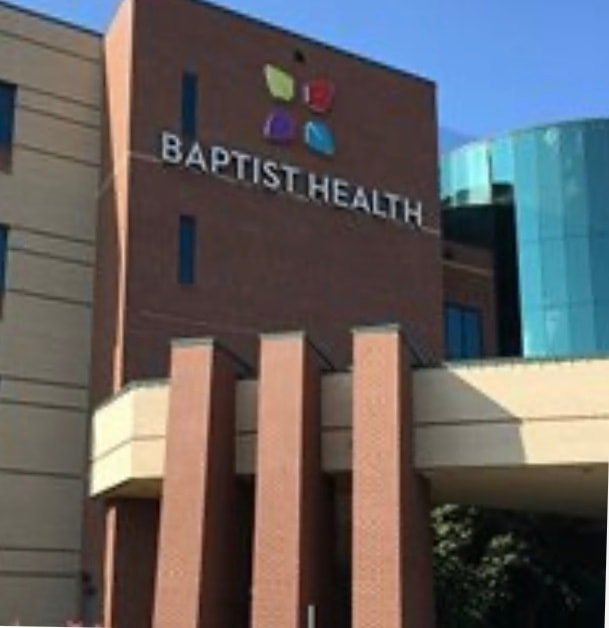|
"It's a beautiful day to save lives" is a phrase often repeated by Grey’s Anatomy fictional character Derek Shepherd prior to beginning surgery for good luck. Shepherd was a renowned neurosurgeon, former head of Neurosurgery and board of director at Grey Sloan Memorial Hospital in Seattle, Washington. Unlike Grey’s Anatomy, Western Kentucky has a ‘real-life’ hospital with a vested interest in ‘saving lives’ and is introducing a new scanner and admitting protocols to improve patient outcomes for stroke victims.
Baptist Health in Paducah is streamlining the process of treating stroke victims. There’s a new CT scanner designed to provide more advanced answers to questions concerning how to treat stroke patients. The CT perfusion scanner will be the first stop for patients experiencing a stroke upon arrival to the hospital. Every minute someone waits while having a stroke, two million brain cells die. “Time saved is brain saved” is a message that resonates in the minds of most after realizing a person could be experiencing a stroke. FAST (Facial drooping, Arm weakness, Speech difficulties, and Time) is an acronym used by the American Heart Association, the National Stroke Association and others to educate the public on recognizing signs associated with a stroke. There are multiple treatments available to stroke victims to break up clots obstructing blood flow including medications, catheter technologies using wires, and others depending on the type of stroke. The new CT perfusion scanner will provide the kinds of answers needed to more accurately diagnosis and treat patients. Prior to adding the new scanner, patients experiencing symptoms of a stroke would go to the emergency room, be seen by a physician, head to the CT room, and go back to patient rooms for treatment. Now, Baptist Health’s ‘first stop’ destination for stroke patients is the PT perfusion scanner. The scanner is located in a room equipped to examine patients, check vital signs, scan, and administer potential medications such as the clot-busting drug, tPA. Perfusion imaging can show the attending physician the parts of the brain that have died from lack of blood flow or parts of the brain that can be saved. Essentially, the scan will show who will benefit from treatment and who will not. The new scanner is less about time and more about salvageable brain tissue where blood flow can be restored. If a patient will benefit from catheter-based intervention, the patient can have a more invasive imaging procedure performed in a larger city. If there’s nothing that can be done, the patient can stay in town surrounded by their loved ones. Baptist Health has received a few accolades within the last several months recognizing the stroke program overseen by Dr. Joseph Ashburn, neurologist and stroke service coordinator. This month Baptist Health was recognized for meeting national guidelines for stroke care with The Get with the Guidelines Gold Plus Quality Achievement Award. In addition, the hospital received an award for the Target: Stroke Honor Roll Elite that measures stroke quality for treatment with tPA. It’s an amazing piece of equipment that can provide quicker more precise medical diagnosis and care for patients experiencing a stroke. Everyday is ‘a beautiful day to save lives.’
0 Comments
Shout out to western Kentucky's Owensboro Health for having its healthiest bottom line in years for June and July 2020 in spite of the pandemic.
|
Written by
Archives
December 2021
Categories
All
|






 RSS Feed
RSS Feed